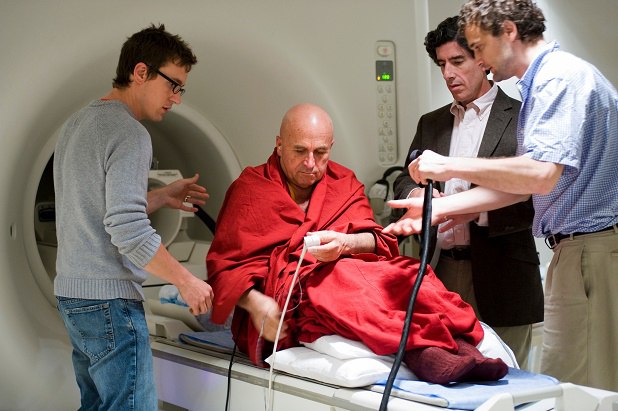The different effect of meditation on the brain networks of veteran and novice meditators
Neurosafari Mental exercises such as mindfulness meditation (accepting awareness of the present moment) have been shown to change brain networks and improve emotional and physical well-being. But researchers are still discovering how such exercises change the brain and what the differences are between people who meditate regularly and those who don’t.
According to Neurosafari from the University of Wisconsin, in one of the largest studies of its kind so far and published in the journal NeuroImage, a team of researchers at the Center for Healthy Minds at the University of Wisconsin-Madison looked at brain activity in those who did not meditate. Checked jobs and veterans with thousands of hours of experience in the field. The researchers found differences in brain networks related to emotion among this group of people.
Richard Davidson, the William James and Willas Professor of Psychology and Psychiatry at the University of Wisconsin-Madison, who led the work, says:
Overall, these results are important because they show that changes in key brain circuits related to emotion regulation can be achieved with mindfulness meditation. Some changes can happen in a relatively short time, while other changes require much more training.
Study design
This study included more than 150 adults. Professional meditators practiced daily and did multi-day meditations. Novice meditators were randomly assigned to an eight-week mindfulness-based stress reduction course that included meditation. A control group consisting of people with no meditation experience were randomly assigned to a health promotion program during the same time period that included wellness exercises but no meditation specifically.
After an eight-week period, the participants viewed and labeled pictures that had positive, negative, or neutral emotional charge, while their brains were scanned with functional magnetic resonance imaging (FMRI).
Results
Both experienced meditators and novice meditators showed reduced activity in the amygdala in comparison to non-meditators when dealing with images with positive emotional charge. The amygdala is an area of the brain that is vital for excitement and discovering important information from the environment. Continued on the Neurosafari website:
goo.gl/mnHP3g
Join the Neurosafari brain and neuroscience Telegram channel:
https://telegram.me/joinchat/CihxzDwTa19DOIUZRYLVjw
This post is written by neurosafari
